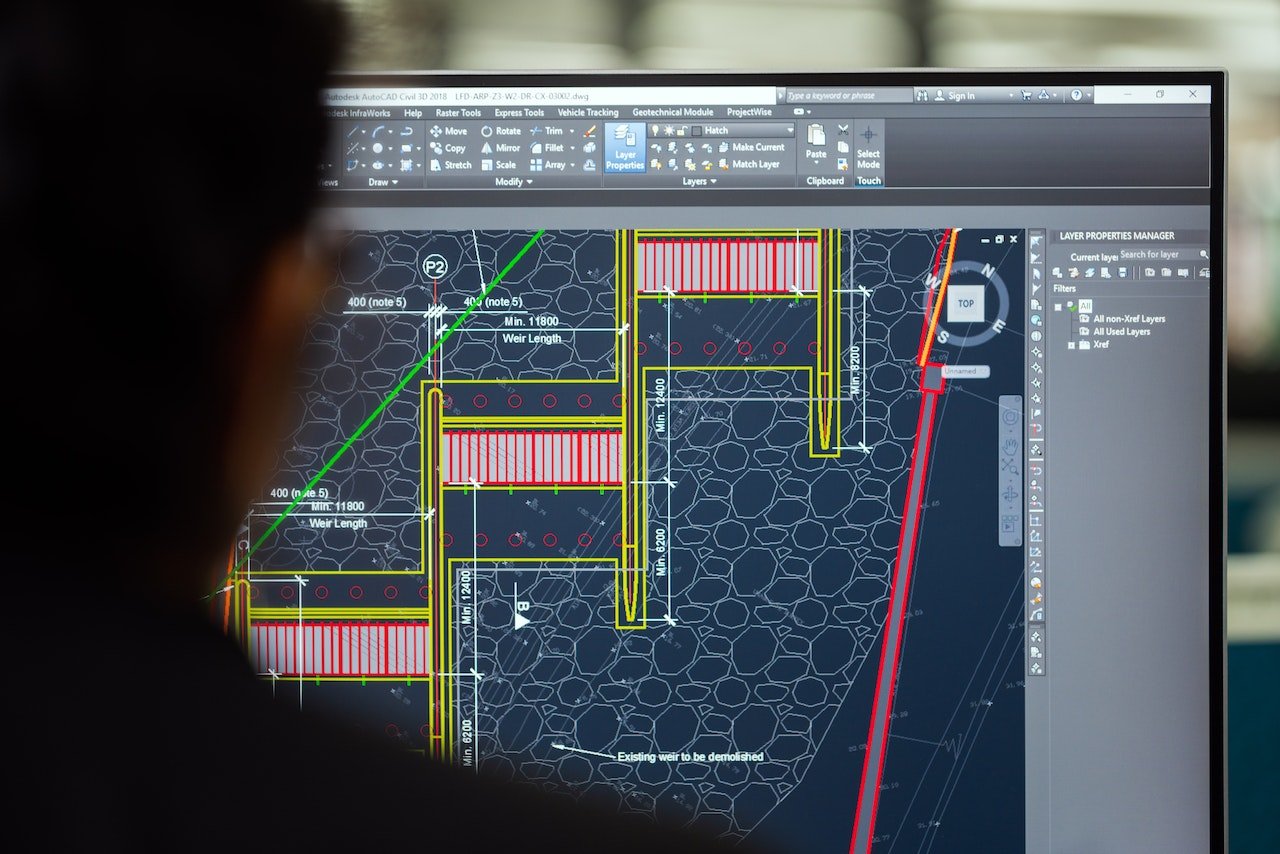
ERP Software for Make-to-Order Manufacturing: Getting the Right Solution
While recognizing the valuable benefits of ERP solutions is important, selecting the right manufacturing ERP can be complex, particularly where businesses require software with specific functionality to address inefficiencies within a defined production technique. However, this complex decision can be resolved by pinpointing those ERPs aligned with the manufacturing approach, such as ERP software for mixed-mode manufacturing.
In make-to-order production, manufacturers must determine the ERP that provides them with the agility to respond to quickly evolving market conditions and improve their profitability, ensuring that resource management is entirely aligned with the demand-driven production in question.

How to Choose the Right ERP for Custom Production
As we've indicated, the best-suited ERP for make-to-order production will differ from the ideal ERP software for discrete manufacturing because the likely issues and challenges that the business needs to address will vary, such as:
- Generating potentially limitless batch codes, SKUs, or other product identifiers, even if very few items or components are manufactured consistently
- Developing processes to produce bespoke and one-off documentation, bills of lading, and bills of materials to accommodate every individual order or request
- Controlling lead times and inventory levels to match client demand, particularly where this is seasonal or highly variable
ERP solutions can comprehensively address improvements and create data-backed strategies for success. Still, they should be specifically designed for make-to-order manufacturers to have the quickest and most marked impacts.
ERP Functionality Targeted Toward Make-to-Order Manufacturing
Every ERP is different and tailored to the business, with countless modules and features that may bring the core functionality the organization needs to effectively solve gaps, reduce costs, and prevent errors. One of the advantages is that a fully functioning ERP can be adjusted to cater to varying production requirements, such as available-to-promise functions, with accurate delivery date forecasting and optimized inventory allocations.
The objectives are to enhance customer satisfaction levels and implement an ERP with the right tools and features to deliver superior supply chain management while reducing overstock or inventory inefficiencies. Where companies operate in a market or industry with demand-sensitive clientele, an ERP with this level of capacity can cater to adjusted stock priorities, ensuring allocations are designed to boost service levels at all stages.
Advice on Make-to-Order Manufacturer ERP Selections
In many business environments, the most challenging pressure is the need to simultaneously improve revenues and profitability while retaining the agility to respond to rapidly changing demand levels and market conditions. Technological solutions can positively impact operations by optimizing processes and collating data analysis and reporting across configuration, prices, and client quotations.
Adding integrated modules within your ERP ecosystem can also be highly advantageous, with cloud-based solutions that facilitate immediate data transfer between connected systems or even with another ERP. For example, a tool that provides self-service portals can expedite and streamline client communications and ensure customers can place or amend orders conveniently, quickly, and efficiently.
Rather than assuming a generic 'first come, first served' approach, an ERP adjusted to meet the needs of a make-to-order production business can allocate priority, identify time sensitivities, and make rapid changes to forecasting or procurement requirements while removing the potential for manual error that is the cause of most lags, shortages, or inventory overstocks.

